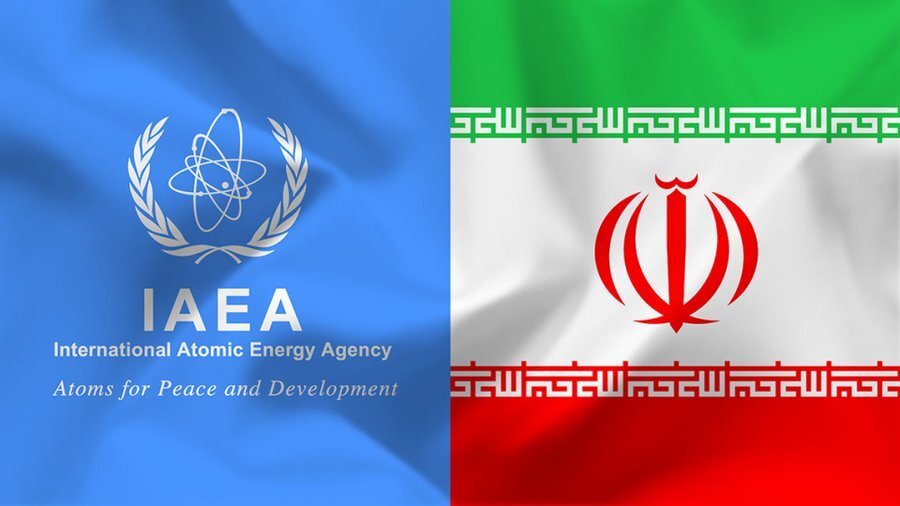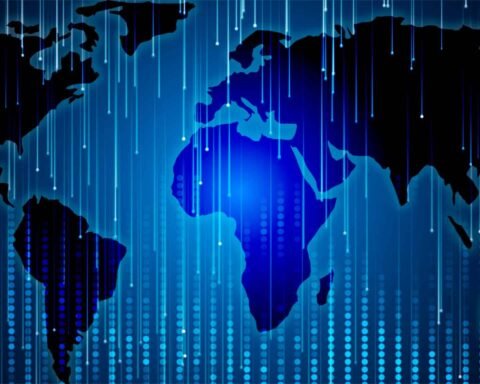Iran’s Vice President Masoud Pezeshkian has ordered the suspension of cooperation with the International Atomic Energy Agency (IAEA) following a series of attacks on Iranian nuclear facilities.
Tehran attributes these attacks to covert actions by the United States and has responded by halting collaboration with the UN’s nuclear watchdog.
The decision came after a resolution passed by the Iranian Parliament demanding an immediate end to all coordination with the IAEA. The responsibility for enforcing this suspension has been handed to Iran’s Supreme National Security Council, which will oversee further developments.
The IAEA has been instrumental in monitoring Iran’s controversial nuclear program, providing independent verification to ensure that Tehran’s activities remain within peaceful parameters. This suspension now casts uncertainty over ongoing inspections and the future transparency of Iran’s nuclear activities.
Iran’s nuclear ambitions have long strained relations with Western countries, especially after the United States withdrew from the landmark Joint Comprehensive Plan of Action (JCPOA) in 2018. The JCPOA was intended to limit Iran’s nuclear capabilities in exchange for sanctions relief, but the US exit reignited tensions.
Also Read; Iran Demands Safety Before U.S. Talks Resume
The recent attacks on nuclear sites, which Iran accuses the US of orchestrating, have further deteriorated trust. Tehran’s decision to halt cooperation with the IAEA is seen by many analysts as a firm stance against what it perceives as external aggression and interference.
International observers warn that this development could undermine the Nuclear Non-Proliferation Treaty (NPT) framework and heighten risks in the already volatile Middle East. The IAEA has emphasized the vital role of inspections in preventing nuclear weapons development, making this suspension a significant setback for global security efforts.
Amid rising tensions, the international community is calling for restraint and renewed dialogue. Diplomatic channels remain open, but the path ahead is fraught with challenges. How Iran, the IAEA, and global powers navigate this crisis will have profound implications for regional stability and non-proliferation worldwide.







